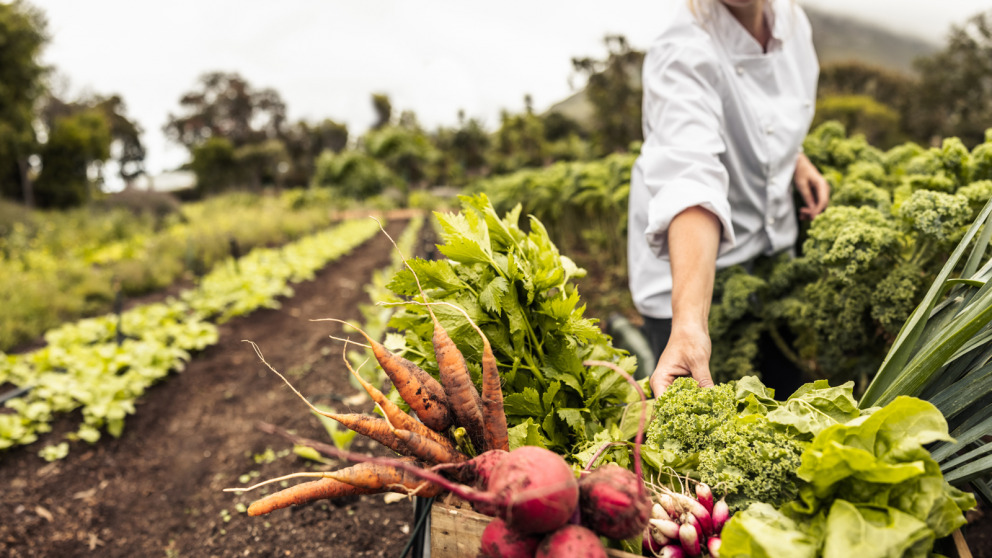Social, Economic, and Environmental Effects of Participatory Sustainable Food Production - [pane]
Duration

Industrial agriculture and the excessive use of fertilizers and pesticides are causing significant harm to biodiversity and soil health, with consequences for the climate resilience of many species and habitats. In view of these harms, growing numbers of consumers are expressing a desire for regionally produced food that is both socially and ecologically sustainable. Community-supported agriculture, rent-a-field programmes, and community gardens have become increasingly popular in urban areas. These forms of participatory sustainable food production (PSFP) provide a range of benefits for participants, community cohesion, and nature. In rural areas, on the other hand, where other socio-economic conditions prevail, PSFP initiatives are less common, especially in structurally weak rural regions in Germany.
This project investigates the social, economic and environmental effects of PSFP initiatives on communities in structurally weak regions. The research aims to identify success factors for PSFP and gain insights into how positive impacts can be reinforced.
Researching with citizens on the ground
[pane] is a cooperative project between the Technical University of Berlin (TU Berlin) and the Research Institute for Sustainability (RIFS) - Helmholtz Centre Potsdam. The project investigates various aspects of PSFP and its effects in collaboration with Museum für Naturkunde Berlin and the museum's citizen science platform. Working in close cooperation with the community farming network "Netzwerk Solidarische Landwirtschaft", the researchers will accompany 15 PSFP initiatives - mostly community-supported agriculture projects - in the eastern German states.
Assisted by citizen scientists, the researchers will measure key environmental parameters on fields managed by five PSFP-initiatives. These measurements will offer insights into soil quality and avian populations, for example, as indicators of below- and above-ground biodiversity as well as soil health. The research will also examine the experiences of people living in structurally weak rural regions, community representatives and leaders, as well as PSFP farmers from a social-scientific perspective. An advisory board comprised of representatives from science, business, public administration and politics will reflect on the process and research results.
Strengthen regional value chains
The project aims to contribute to sustainable regional development - especially in structurally weak rural regions in Germany - by strengthening regional value chains. The researchers and their partners will draw on the findings of this work to develop a supra-regional strategy to enhance the positive impacts of PSFP by securing the benefits of economies of scale beyond the scope of the participating initiatives. The recommendations that will be developed in the course of this project will support the growth and optimization of PSFP initiatives.



